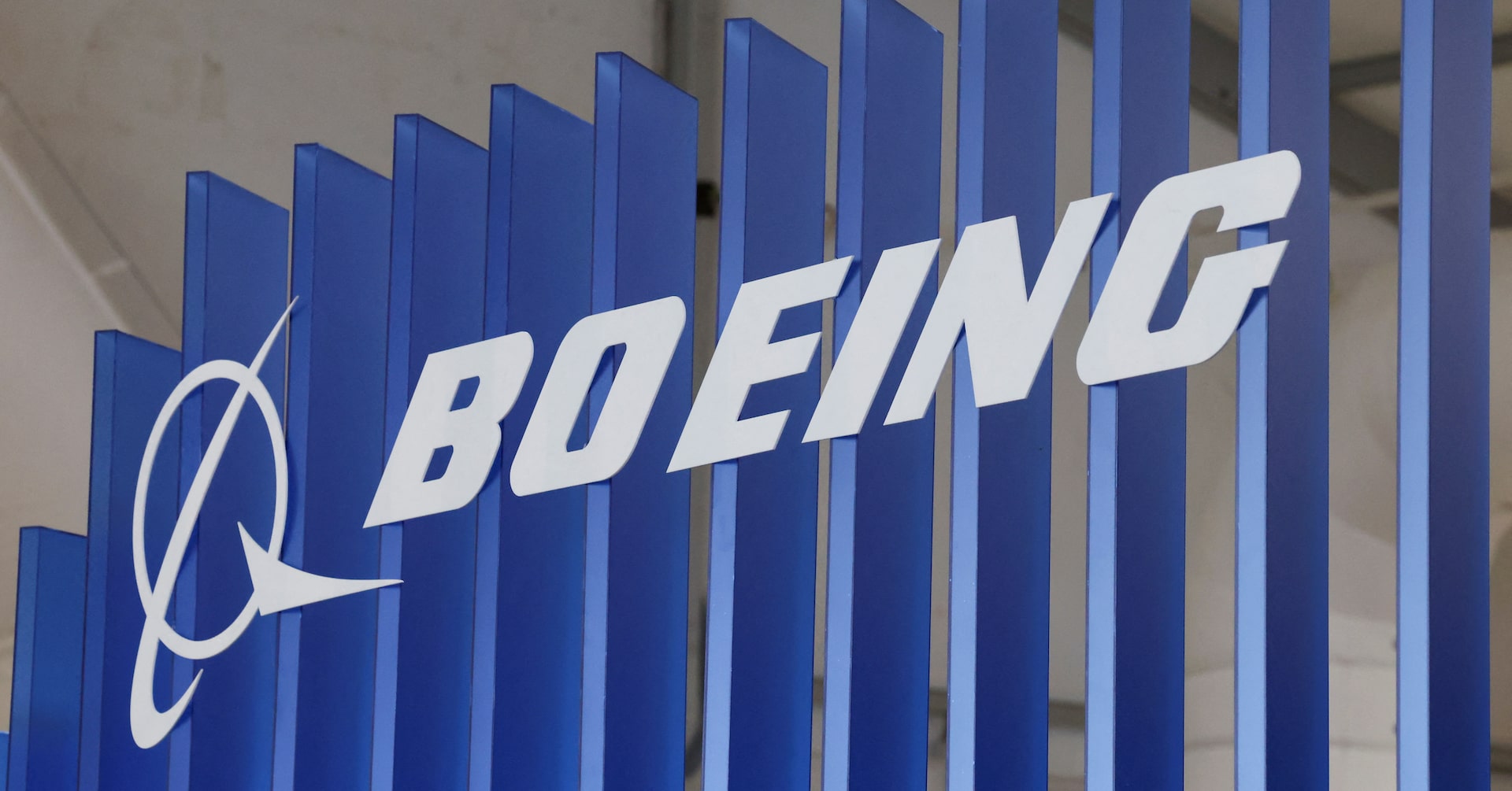Digital Wings: Boeing Strikes $10.5B Deal with Thoma Bravo in Strategic Business Spin-Off

Boeing is set to make a strategic move by divulging plans to sell key segments of its Digital Aviation Solutions division to private equity powerhouse Thoma Bravo in a landmark $10.55 billion transaction. The deal, announced on Tuesday, signals a significant shift in Boeing's business strategy and represents a major restructuring of its digital technology portfolio.
This substantial transaction underscores Boeing's commitment to streamlining its operations and focusing on core aerospace capabilities while providing Thoma Bravo with a valuable opportunity to expand its footprint in the aviation technology sector. The substantial price tag of $10.55 billion reflects the strategic value and potential of Boeing's digital solutions business.
By partnering with Thoma Bravo, Boeing aims to unlock new value for shareholders and position itself more competitively in an increasingly digital and technology-driven aerospace landscape. The sale is expected to provide Boeing with additional financial flexibility and resources to invest in its primary aerospace and defense initiatives.
